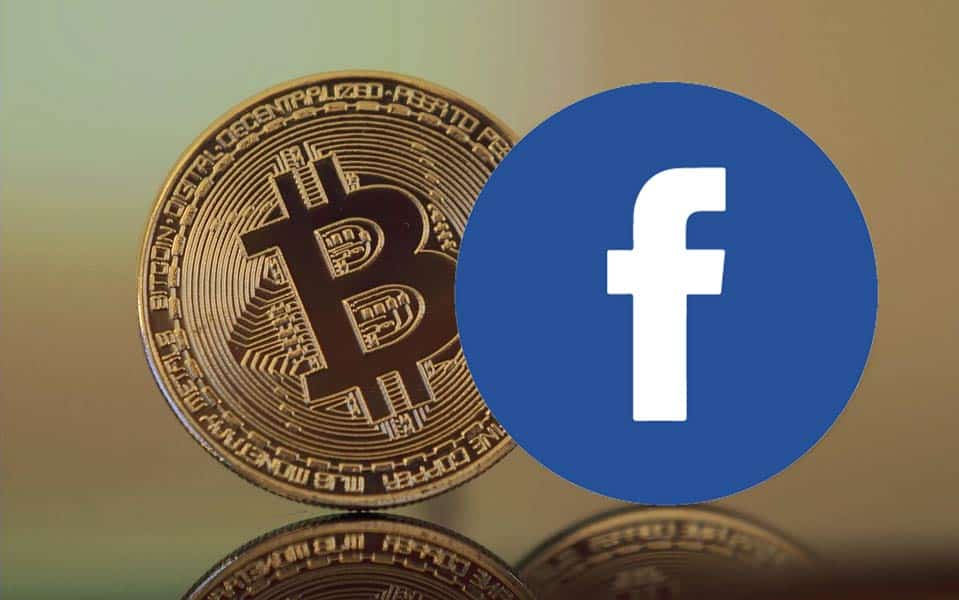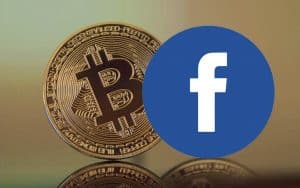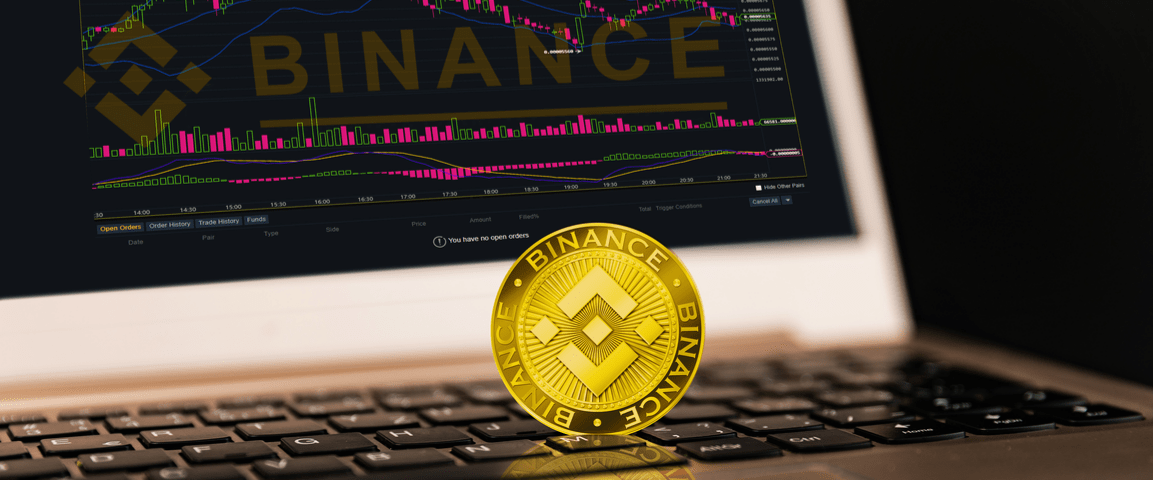Join Our Telegram channel to stay up to date on breaking news coverage
Earlier this week, news medium BBC reported that social media giant Facebook is planning to release the “GlobalCoin,” a global payments system, by the first quarter of 2020. The BBC report did try to provide a few fresh insights on how the currency would work and the steps that Facebook has been taking to ensure a smooth.
Those building & investing in crypto:
– Fidelity
– Nasdaq
– NYSE
– Yale
– Harvard
– Fairfax County Pension
– Founders Fund
– Union Square
– Amazon
– JPMorgan
– Starbucks
– a16z
– IBMAre you going to bet against the most successful companies & investors in the world?
— Pomp 🌪 (@APompliano) May 22, 2019
For instance, it was reported that Mark Zuckerberg, the company’s CEO, already met with Bank of England governor Mark Carney to discuss the various risks and opportunities that such a project could constitute. For the umpteenth time, this really isn’t news. We’ve known that Facebook would be developing something crypto-related ever since Bloomberg reported it last year. However, beyond little tidbits here and there, no one knows much about it.
No one even knows what it would be called. The BBC called it GlobalCoin, the Bloomberg report called it “FBCoin,” and a letter from the U.S. Senate Banking Committee to Zuckerberg called it “Project Libra.”
“[Facebook is] exploring ways to leverage the power of blockchain technology. This new small team is exploring many different applications. We don’t have anything further to share.”
That’s all financial news outlet Barrons could get from the company. Still, despite the divergent views on what it could or should be, one thing that just about every crypto insider understands is that, this is a big deal. The largesse of the company alone is pretty much enough to fuel adoption. Facebook reported 2.38 billion users in its last quarterly report, which means that the market for its digital asset is already petty extensive.
By the way, this cryptocurrency will most likely not be like Ether or Bitcoin. It will be issued and controlled by a central authority (here, Facebook), and access to it would most likely require a Facebook account.
"Facebook is wildly important for the ecosystem" – @novogratz on #cryptocurrency "Bitcoin is not going to be a payment currency. Bitcoin is going to be a stored value just like gold." pic.twitter.com/NzyPeLxI3T
— Squawk Box (@SquawkCNBC) May 24, 2019
2.7 Billion Potential Customers Are Waiting
So, let’s work with the information we have. We know that this- whatever it’s called- would be a stablecoin (most likely backed by the Dollar), and we know that it’s a payment solution that would most likely work across Facebook’s suite of platforms- including Messenger, Instagram, and WhatsApp.
“In addition, we estimate that more than 2.1 billion people now use Facebook, Instagram, WhatsApp, or Messenger (our “Family” of services) every day on average, and around 2.7 billion people use at least one of our Family of services each month.”
That’s a quote from the company’s quarterly earnings announcement. By contrast, the Industrial and Commercial Bank of China, the largest banking institution in the world, has 7 million corporate customers and 607 million individual customers, according to its CSR report for 2018.
Seamless payments are the key here
Facebook, thanks to its size, would immediately reap the benefits of owning a currency such as this. If it can achieve seamless payments across countries and currencies (which it should be able to do. Again, this is Facebook here), the stablecoin could be a major problem for banking institutions all over the world.
Why would you want to go to the bank to send money when you could easily do so with WhatsApp? We also know that there’s no way that Facebook can do this alone. Lisa Ellis, a partner at research firm MoffettNathanson, noted in an earlier interview with Bloomberg, that Facebook needs partnerships to bring its idea to reality.:
“If Facebook launches an open digital wallet and checkout button, the company will need to collaborate with VISA and MasterCard to enable a variety of card-based funding methods in its wallet (similar to Apple Pay, PayPal, or Google Pay).”
https://twitter.com/PrivacyLawUSA/status/1129017909282521088
Privacy Offender
Then, there’s always the issue of privacy. Privacy and information handling have been a bit of a problem for Facebook lately, and it was the primary focus of the aforementioned Senate Banking Committee letter. However, as claimed in a report by crypto exchange Binance on stablecoins, non-financial companies tend to be “less risk-averse” than financial companies. Increased flexibility, with a focus on customer and funds safety, should be able to provide enough juice for Facebook to disrupt the payments landscape.
Plus, the company is already dealing with the prospect of a multi-billion dollar fine for its previous misdemeanors. Nothing says “sit up” as the danger of losing billions of dollars.
Join Our Telegram channel to stay up to date on breaking news coverage


